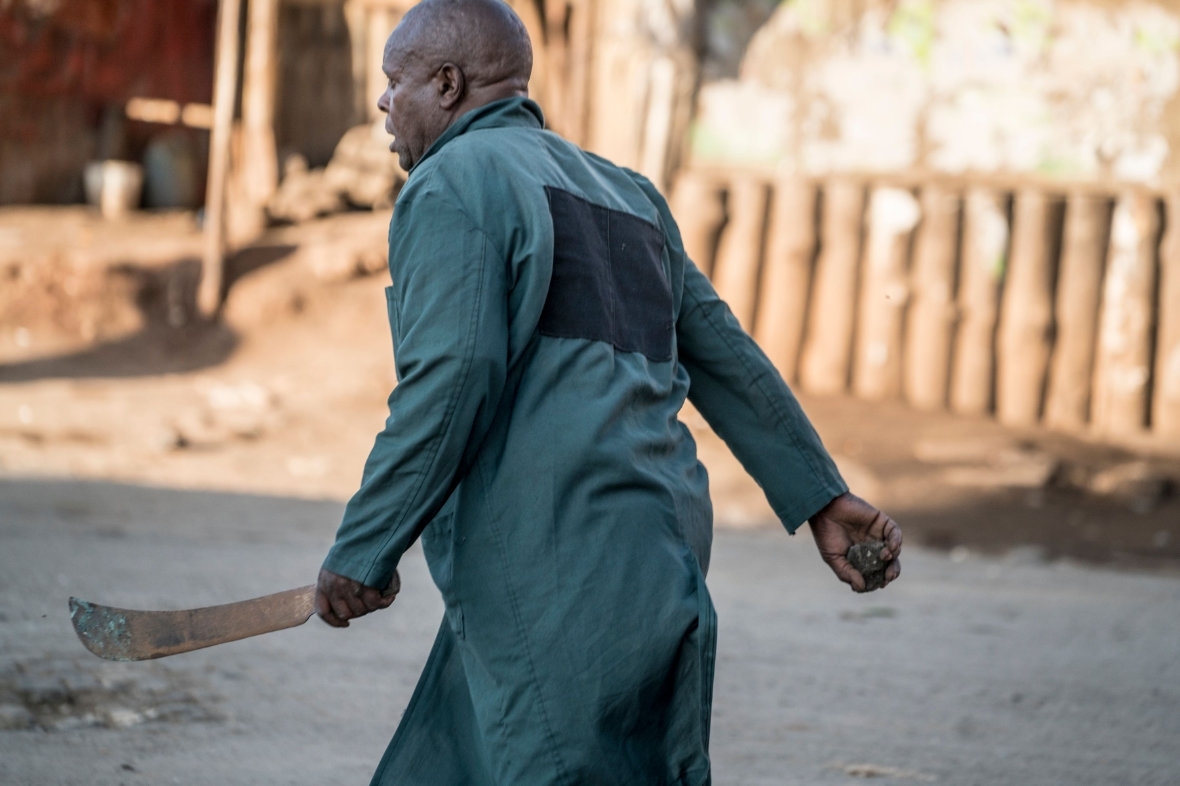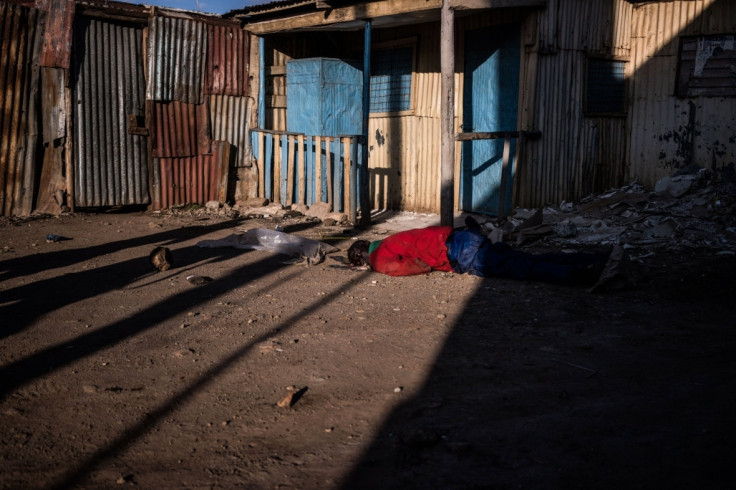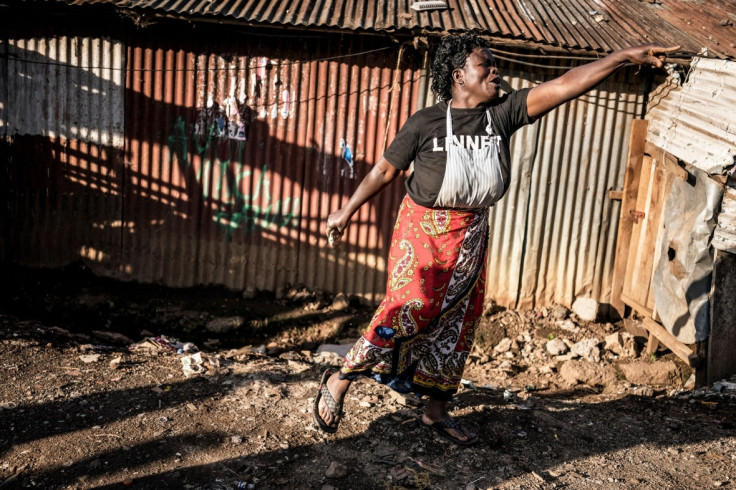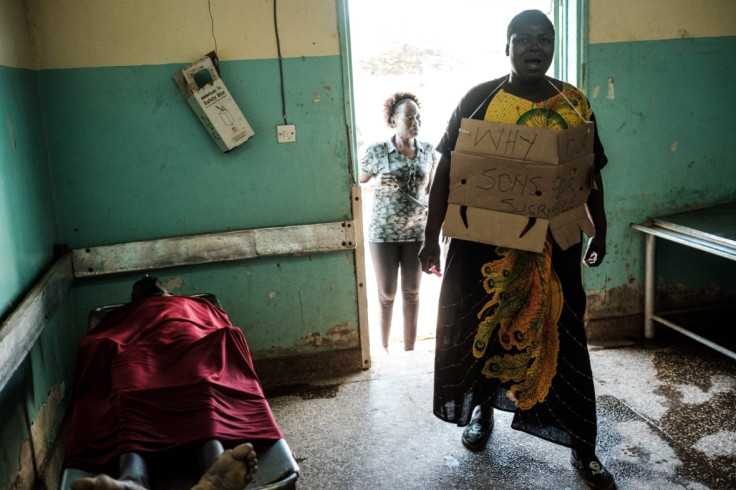Photos of deadly election violence and looting in Kawangware and Kisumu, Kenya
Kenya's election commission has indefinitely postponed voting in some opposition strongholds after deadly clashes between police and protesters.
Deadly clashes between police and protesters and fears of further bloodshed led Kenya's election commission to indefinitely postpone voting in some opposition strongholds, citing safety concerns for its workers.


At least six people have died in violence linked to the latest election. On Friday evening (27 October) police were trying to quell fighting between gangs from different ethnic groups in Nairobi's Kawangware slum. Shops and private residences were looted and set on fire. Witnesses say at least three people died in the violence, and many were injured, including several school children.
A Reuters witness said nearly 100 youths showed up in red T-shirts – the colour of the ruling party – armed with machetes. A shopkeeper said police stood between the two sides to avoid bloodshed. Several shacks and road blocks were set alight.
Another witness said stone-throwing Odinga supporters clashed with police who fired tear gas and water cannon. The rioters, some belonging to the Luhya and Luo ethnic groups, looted shops and set fire to a kiosk owned by an ethnic Kikuyu.









The witness said Kikuyu gangs with machetes then moved into the area and attacked the rioters. More fires were set and one man with a severe wound from a machete blow was seen on the ground, bleeding heavily.


Violence also broke out in the opposition stronghold of Kisumu in western Kenya, where election officials have had to cower behind locked doors while the popping sounds of tear gas and live gunfire echoed nearby. They were very relieved not to have to try to open polling stations.





At least three people died during confrontations between protesters and security forces on Thursday. Police said one person died of a gunshot wound in the opposition stronghold of Kisumu County when about 300 people "stormed into" a vote counting centre. The said another person was shot dead in Homa Bay in western Kenya when hundreds of people tried to force their way into a police base, and a third person died at a Kisumu County hospital after being brought in by someone who said he had been shot in a confrontation.



In other parts of Kenya, most polling stations were able to open, but turnout was below 35 percent. A tally of results announced at the constituency level compiled by the Nation media group showed Kenyatta had won over 96 percent of the vote with 200 of 292 constituencies announced. The opposition rejected the re-run as "a sham" and said the polls should be cancelled.
More than 50 people have been killed, mostly by security forces, since the original election, on 8 August, which was annulled by the Supreme Court due to procedural irregularities. This was the first time a court had overturned the results of a presidential election in Africa. Odinga had claimed that the electronic voting results were hacked into and manipulated in favour of Kenyatta, who had won a second term with 54 percent of the vote. The court said the election was not conducted with accordance with the constitution, but did not place any blame on Kenyatta or his party.
Odinga's lawyer had asked the court to invalidate Kenyatta's win, saying a scrutiny of the forms used to tally the votes had anomalies that affected nearly five million votes. The repeat election was scheduled for 26 October, but Odinga said he was withdrawing amid concerns that the re-run would not be free and fair. He urged supporters not to take part in the vote.
Many observers say Kenya's ethnic-based politics overshadow the promise of its democracy. President Uhuru Kenyatta is from the Kikuyu community, while Odinga is a Luo.






















